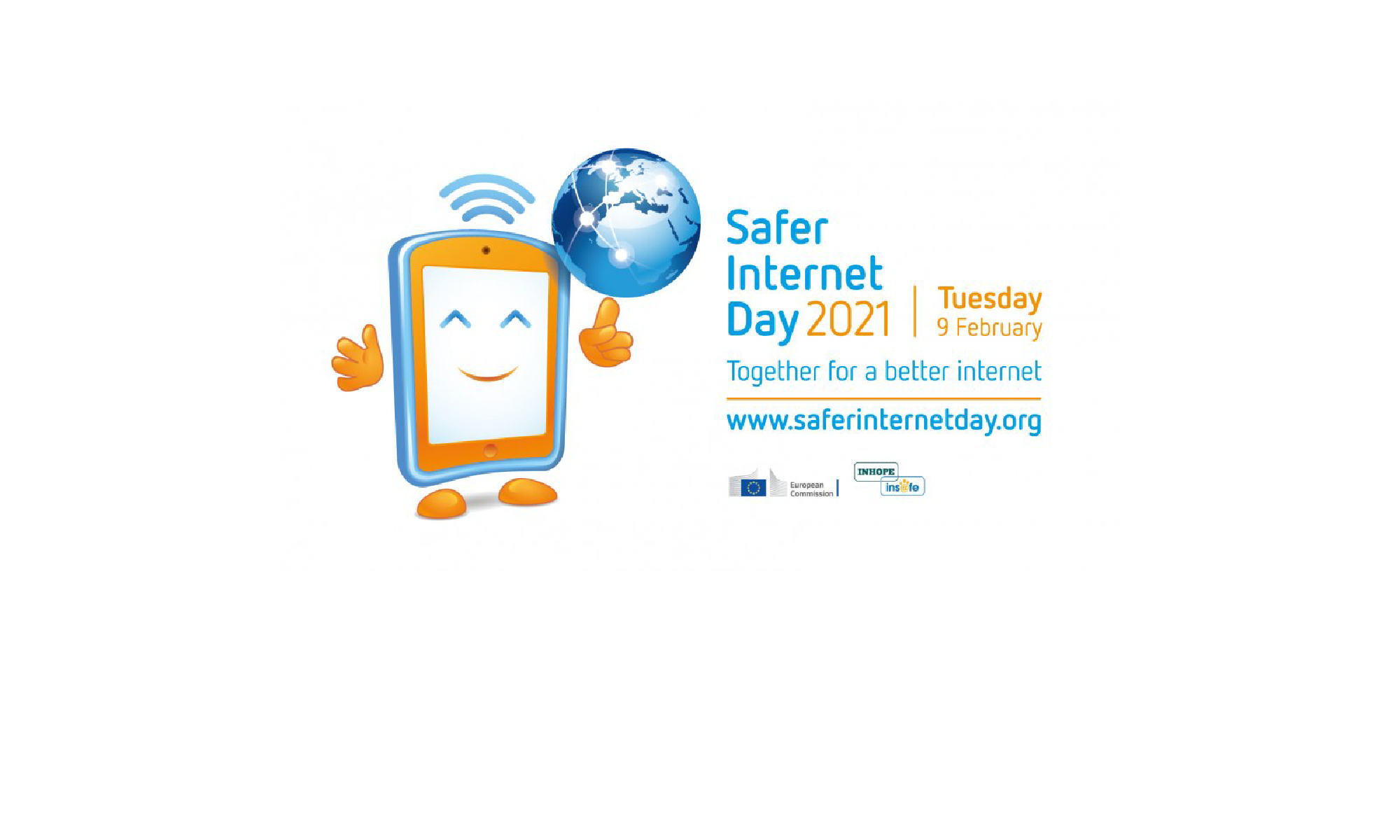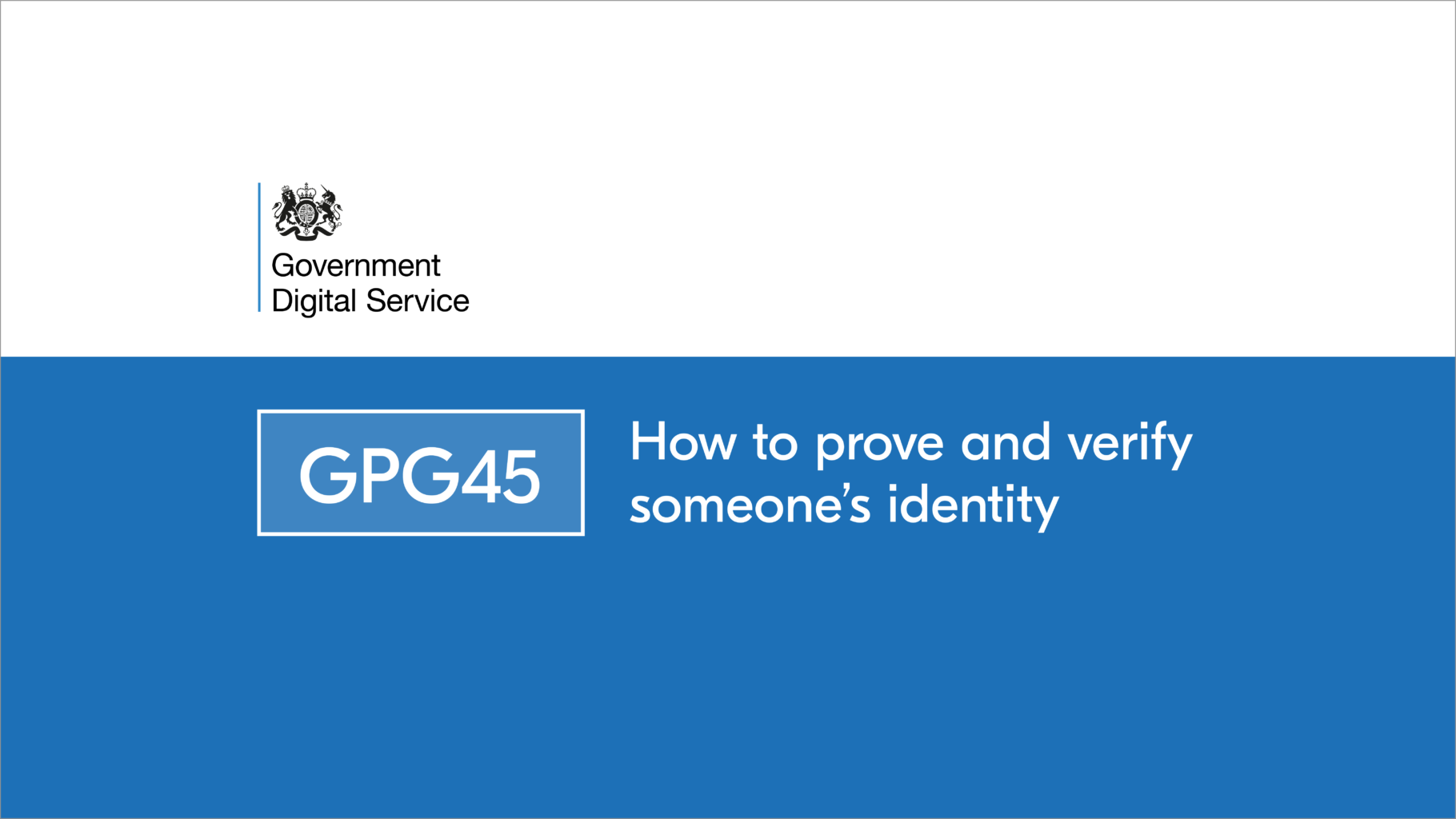Articles
Practice guide 81: digital identity verification for conveyancing
On 12 March 2021, Her Majesty’s Land Registry (HMLR) published its first digital identity standard, practice guide 81 (PG81). The standard is aimed at encouraging the use of digital identity to reduce the inconvenience and inconsistency of manually verifying a client’s identity during the homebuying process. Reducing the need for physical document checks performed by non-specialists can mitigate opportunities for fraud, increase convenience and lower costs for all parties involved in the home buying process. The standard follows the draft set of requirements, published in November 2020, which Yoti provided feedback on. Practice guide 81:
Developing age estimation technology to tackle grooming online
Last month, Yoti Guardian Gavin Starks chaired our third stakeholder roundtable on the next proposed stage of the development of our age estimation technology. We brought together fifty five guests from seven countries, including representatives from 5rights, Apps for Good, Be In Touch South Africa, Breck Foundation, Caribou Digital, CyberSafeIreland, Digital Policy Alliance, FSM Germany – Freiwillige Selbstkontrolle Multimedia-Diensteanbieter, GoBubble, IEEE, Interactive Software Federation of Europe, International Committee of the Red Cross, Internet Commission, Internet Watch Foundation, Irish Data Protection Commission, Keele University, KJM German Federal Agency for the Protection of Minors, London School of Economics,
Helping to protect kids this Safer Internet Day and beyond
Ahead of the Age Appropriate Design Code, many companies are looking at how to provide age-appropriate services, messaging, content and, crucially for parents, how to deter grooming. We are working in the ICO Sandbox with partners including child-content moderation SaaS GoBubble (GoBubbleWrap), to further develop our privacy-preserving age estimation technology so that it can accurately estimate the age of children under 13. This vital ICO Sandbox partnership will offer child-centric content moderation with global scalability on a Software as a Service (SaaS) basis. This will include privacy information and accessible parental consent mechanisms, including the option
Tackling money laundering in the art world
In early 2020 new regulations were introduced to help prevent money laundering and terrorist financing through the art market. The anti-money laundering legislation impacts high value transactions (or a series of linked transactions) of €10K+ made with any type of payment. Amongst other things, this requires art market participants to conduct identity checks, verifying that buyers and intermediaries involved in the sale of an artwork are who they say they are. ArtAML ArtAML is uniting art and technology to keep the sale of artwork in compliance with the new regulations. Their intuitive platform helps art
GPG 45 guidance on identity checks opens up for the private sector
In April, we wrote about the significant changes made to the Good Practice Guide (GPG) 45, the UK government’s standard for checking and verifying someone’s identity. If you’ve ever had to verify your identity with the government, it’s likely the process followed GPG 45. The guide is made up of five parts: Get evidence of the claimed identity; Check the evidence is genuine or valid; Check the claimed identity has existed over time; Check if the claimed identity is at high risk of identity fraud; Check that the identity belongs to the person who’s claiming it.
Teens put our age estimation technology to the test
Our anonymous age estimation technology allows anybody to have their age checked by simply looking into the camera on a device. This privacy-friendly approach to age verification doesn’t require any personal details or documents, and all information is instantly deleted once someone receives their estimated age – nothing is ever viewed by a human. We challenged teens, or should we say they challenged us. And the results were brilliant. Product: Facial Age Estimation Read the white paper






